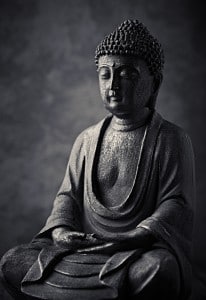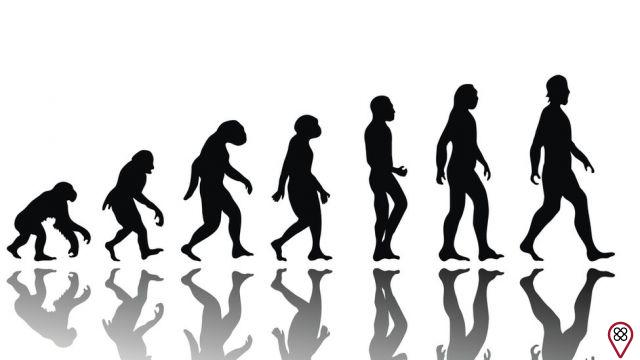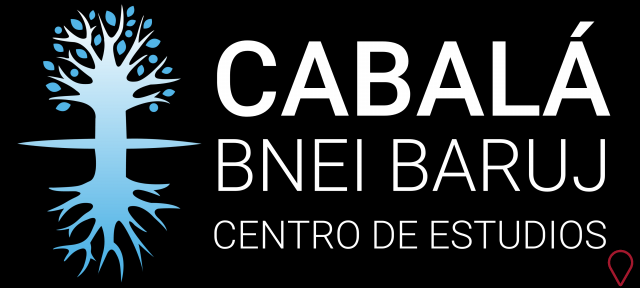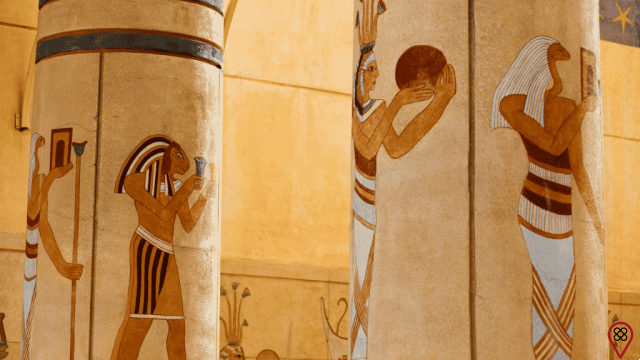Anatta, known as the “not-self doctrine,” is an interesting concept. It is based on the idea that we are not immutable beings, but that we are constantly changing. Anatta can also be defined by other names, such as: “not me”, “detachment” or “ego absence”.
According to Buddhism, everything in our life is “continuous” events and is in constant flux. So, the idea of “not me” (anatta) argues that our existence is changeable and dependent, unlike other philosophies that teach otherwise. Every cause generates an effect and our consciousness and life are part of all the results that come from these causes.
 Other religions are based on the belief that we are born with a preconceived destiny (or burden) and that until the end of our days we will continue with this task of perpetuating that destiny. In Buddhism the concept is different. Every moment, thought, words we say and actions we do can change the course of our life, on a small or large scale, which is in line with the Anatta concept.
Other religions are based on the belief that we are born with a preconceived destiny (or burden) and that until the end of our days we will continue with this task of perpetuating that destiny. In Buddhism the concept is different. Every moment, thought, words we say and actions we do can change the course of our life, on a small or large scale, which is in line with the Anatta concept.
On this question, philosopher Evan Thompson points out that: “The brain and the body work together in the context of our physical environment to create a sense of self”. This “I” is nothing more than the constant change we talked about earlier.
At first, it seems a bit confusing, but in short, it's nothing more than the idea of the “ever changing me”, and that's wonderful, since we have the opportunity to change at any and every moment. The thought that “I was born this way and I will die this way” is obsolete these days and somewhat boring.
We have the opportunity to alter the course of our existence whenever we choose. Starting from the concept of the “I in constant evolution”, believing first in “myself” and being the agent of change, we will perpetuate a liberating and concise life.
- Written by Bruno Melo of the Eu Sem Fronteiras Team.

























